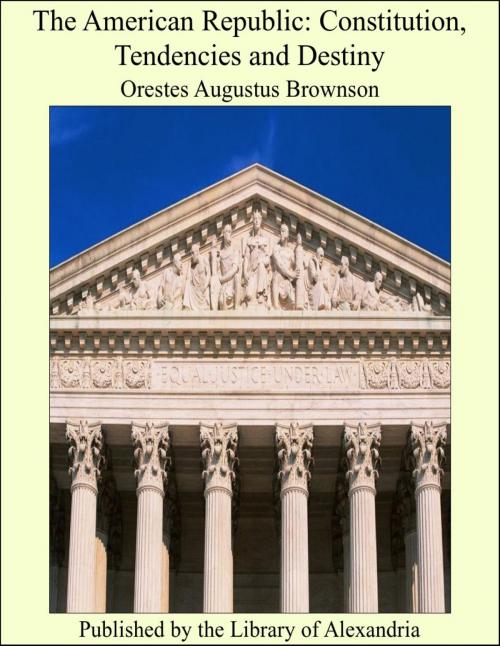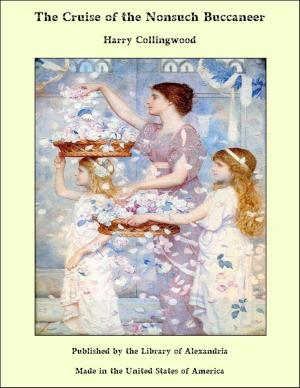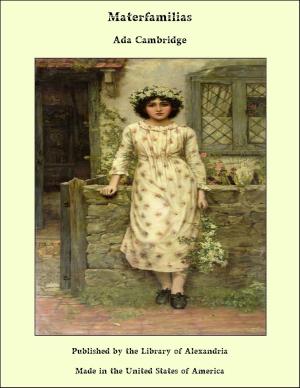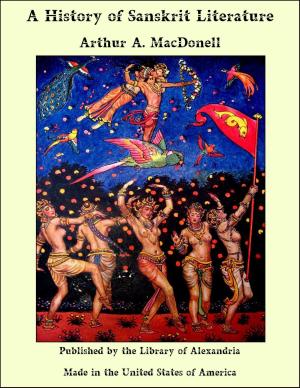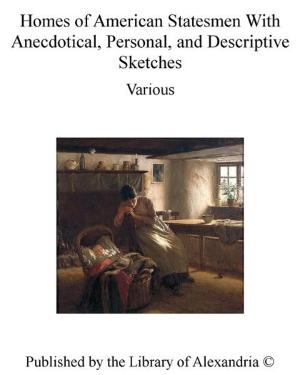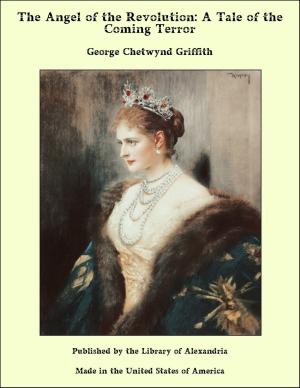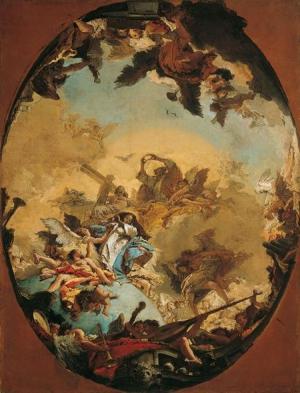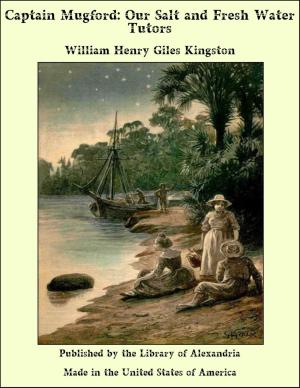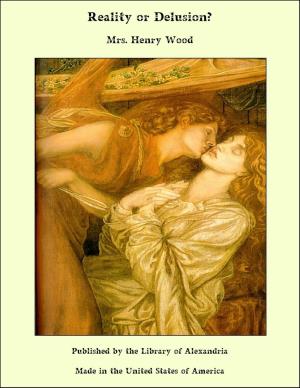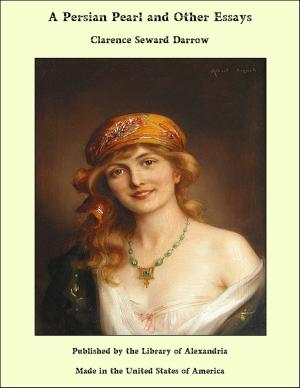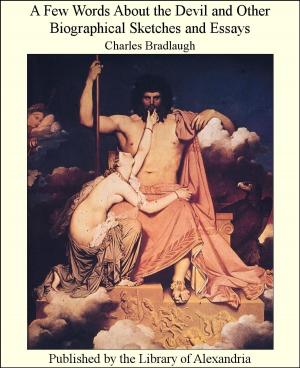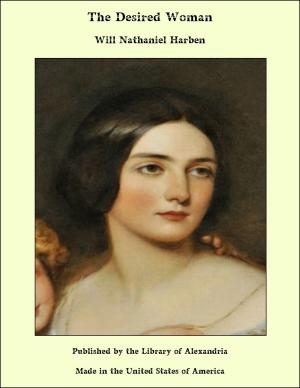The American Republic: Constitution, Tendencies and Destiny
Nonfiction, Religion & Spirituality, New Age, History, Fiction & Literature| Author: | Orestes Augustus Brownson | ISBN: | 9781465537874 |
| Publisher: | Library of Alexandria | Publication: | March 8, 2015 |
| Imprint: | Language: | English |
| Author: | Orestes Augustus Brownson |
| ISBN: | 9781465537874 |
| Publisher: | Library of Alexandria |
| Publication: | March 8, 2015 |
| Imprint: | |
| Language: | English |
BEGIN TO-DAY LORD FREDDIE BOWEN, visiting New York, has met, fallen in love with, proposed to, and been accepted by, MARGARET, daughter of FRANKLYN BIVATT, an unpleasant little millionaire with a weak digestion, a taste for dogmatic speech, and a personal appearance rather like one of Conan Doyle’s pterodactyls. Lord Freddie has called on Mr. Bivatt, told him the news, and asked for his consent. Mr. Bivatt looked at Lord Freddie in silence. He belonged to the second and more offensive class of American millionaire. There are only two kinds. One has a mauve face and an eighteen-stone body, and grinds the face of the poor on a diet of champagne and lobster /a la/ Newburg; the Other — Mr. Bivatt’s type — is small and shrivelled, weighs seven stone four, and fortifies himself, before clubbing the stuffing out of the widow and the orphan, with a light repast of hot water, triturated biscuit, and pepsine tabloids. Lord Freddie also looked at Mr. Bivatt in silence. It was hard to believe that this curious little being could be the father of a girl who did not look really repulsive even in a photograph in a New York Sunday paper. Mr. Bivatt broke the silence by taking a pepsine tabloid. Before speaking he took another look at Freddie — a thoroughly nasty look. The fact was that Freddie had chosen an unfortunate moment for his visit. Not only had Mr. Bivatt a bad attack of indigestion, but he had received that very morning from Margaret’s elder sister, who some two years before had married the Earl of Datchet, a letter which would have prejudiced the editor of “Debrett” against the British Peerage. Lord Datchet was not an ideal husband. Among Other things, he was practically a lunatic, which is always such a nuisance in the home. This letter was the latest of a number of despatches from the seat of war, and the series, taken as a whole, had done much to diminish Mr. Bivatt’s simple faith in Norman blood. One titled son-in-law struck him as sufficient. He was not bitten by a craze for becoming a collector
BEGIN TO-DAY LORD FREDDIE BOWEN, visiting New York, has met, fallen in love with, proposed to, and been accepted by, MARGARET, daughter of FRANKLYN BIVATT, an unpleasant little millionaire with a weak digestion, a taste for dogmatic speech, and a personal appearance rather like one of Conan Doyle’s pterodactyls. Lord Freddie has called on Mr. Bivatt, told him the news, and asked for his consent. Mr. Bivatt looked at Lord Freddie in silence. He belonged to the second and more offensive class of American millionaire. There are only two kinds. One has a mauve face and an eighteen-stone body, and grinds the face of the poor on a diet of champagne and lobster /a la/ Newburg; the Other — Mr. Bivatt’s type — is small and shrivelled, weighs seven stone four, and fortifies himself, before clubbing the stuffing out of the widow and the orphan, with a light repast of hot water, triturated biscuit, and pepsine tabloids. Lord Freddie also looked at Mr. Bivatt in silence. It was hard to believe that this curious little being could be the father of a girl who did not look really repulsive even in a photograph in a New York Sunday paper. Mr. Bivatt broke the silence by taking a pepsine tabloid. Before speaking he took another look at Freddie — a thoroughly nasty look. The fact was that Freddie had chosen an unfortunate moment for his visit. Not only had Mr. Bivatt a bad attack of indigestion, but he had received that very morning from Margaret’s elder sister, who some two years before had married the Earl of Datchet, a letter which would have prejudiced the editor of “Debrett” against the British Peerage. Lord Datchet was not an ideal husband. Among Other things, he was practically a lunatic, which is always such a nuisance in the home. This letter was the latest of a number of despatches from the seat of war, and the series, taken as a whole, had done much to diminish Mr. Bivatt’s simple faith in Norman blood. One titled son-in-law struck him as sufficient. He was not bitten by a craze for becoming a collector
